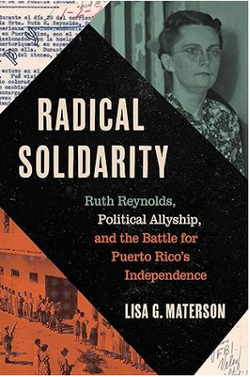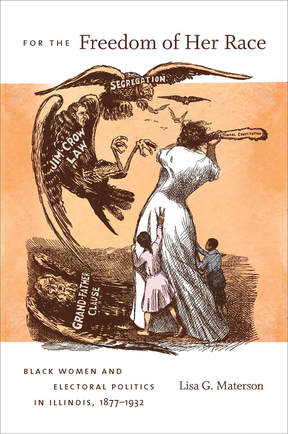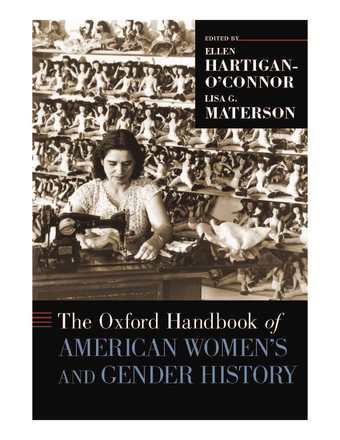Radical Solidarity

Radical Solidarity tells the riveting story of Ruth Reynolds (1916–1989), a white pacifist from South Dakota who became a stalwart ally of nationalist revolutionaries during Puerto Rico's long struggle for independence. Reynolds dedicated her life to ending US control of the archipelago. She testified before Congress and the UN, organized fellow North Americans, investigated the brutal tactics used by the colonial state to quash independence sentiment, and was incarcerated as a political prisoner.
Lisa G. Materson introduces the concept of "radical solidarity," to describe Reynolds's powerful model for globally engaged activism. Guided by her vision of allyship, Reynolds developed deep bonds with Puerto Rican nationalist women with whom she was imprisoned, collaborated across ideological divides with revolutionary leaders, and established lasting relationships with civil rights lawyers, political exiles, and New Left activists. Her radical solidarity enabled her to remain a tireless champion for Puerto Rico's independence through five decades of hope, disappointment, and political change. Her life reveals the price paid by those who supported an independent Puerto Rico and sheds light on the possibilities of working across difference in the face of US state-sanctioned violence and colonialism.
Lisa G. Materson introduces the concept of "radical solidarity," to describe Reynolds's powerful model for globally engaged activism. Guided by her vision of allyship, Reynolds developed deep bonds with Puerto Rican nationalist women with whom she was imprisoned, collaborated across ideological divides with revolutionary leaders, and established lasting relationships with civil rights lawyers, political exiles, and New Left activists. Her radical solidarity enabled her to remain a tireless champion for Puerto Rico's independence through five decades of hope, disappointment, and political change. Her life reveals the price paid by those who supported an independent Puerto Rico and sheds light on the possibilities of working across difference in the face of US state-sanctioned violence and colonialism.
For the Freedom of Her Race
|
Grounded in the rich history of Chicago politics, For the Freedom of Her Race tells a wide-ranging story about black women's involvement in southern, midwestern, and national politics. Examining the oppressive decades between the end of Reconstruction in 1877 and the election of Franklin Delano Roosevelt in 1932--a period that is often described as the nadir of black life in America--this book shows that as African American women migrated beyond the reach of southern white supremacists, they became active voters, canvassers, suffragists, campaigners, and lobbyists, mobilizing to gain a voice in national party politics and elect representatives who would push for the enforcement of the Reconstruction Amendments in the South. |

|
The Oxford Handbook of American Women's and Gender History
